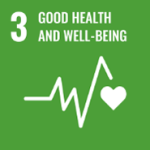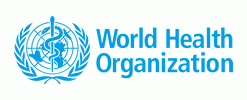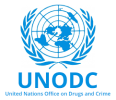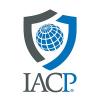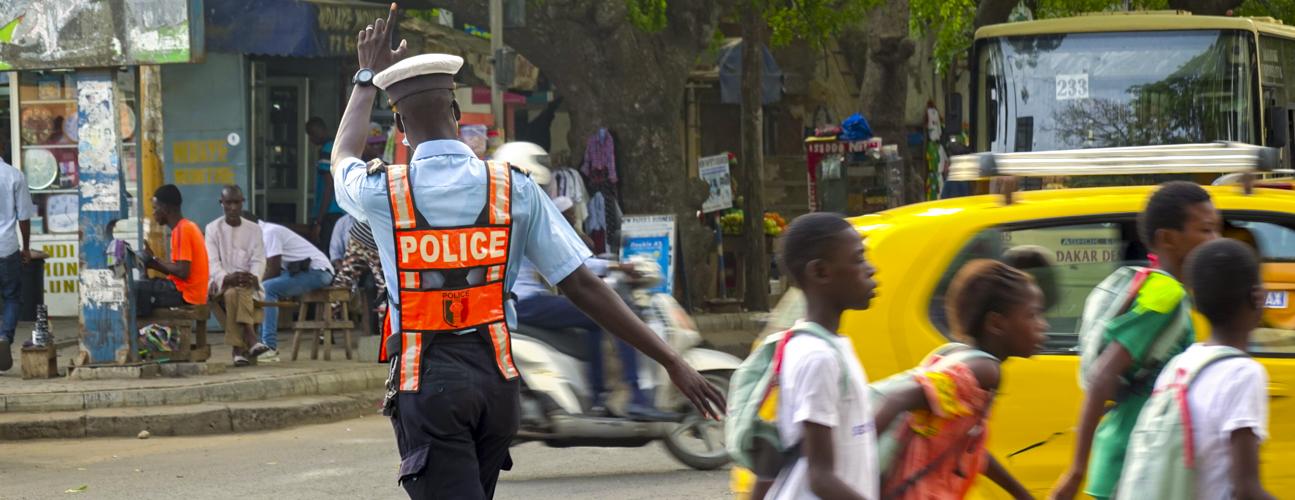
Areas of Impact
Country
Road policing and enforcement for road safety is a key component of safe system approaches and a crucial contributor to creating safe road users. Globally, road trauma accounts for three times as many deaths each year as does homicide. Road policing is part of the legislation spectrum where the absence of proper enforcement negates the injury prevention potential of such legislation.
Despite the crucial nature of enforcement to road safety outcomes, road policing mistakenly remains a low priority within policing agencies, particularly in low and middle-income countries. This is despite the fact that road trauma significantly exceeds the human impact of more recognised police priorities such as homicide, terrorism and crime.
With greater internal prioritization, coupled with further external support, police are in a unique position to significantly influence road user behaviour and criminal/dangerous utility of the road, all of which directly influence the risk of casualty crashes.
This project aims to create a model for supporting the development of sustainable national capacity for road policing in low and middle countries by incorporating road policing into the agenda and mandate of the WHO, UNODC and UN Police, three UN agencies most frequently engaged in policing, the wider agenda of crime prevention and law enforcement.
For example, the UN Police is part of the United Nations Peacekeeping and Security operations. At the request of member states, particularly those in low and middle-income countries and post-conflict zones, UN Police assume some of the duties of national policing agencies and take on the mandate of building capacity for national police to resume operations. Under this model, UN Police and other UN agencies will support national policing agencies in low and middle-income countries to build national capacity to save lives and prevent injuries on their roads.
The first phase of the project will involve the development of a road policing model and its incorporation into UN mandates for police capacity building. The first phase aims to also demonstrate the need, opportunity, and priority for road policing, with a particular focus on deterrence-based enforcement in all countries (not just post-conflict countries).
Phase two of the project will entail member-state consultations and matching donor countries with countries with the greatest capacity needs. The project's feasibility and sustainability are contingent on member states' support to commit to bilateral and/or multilateral engagement, either as a recipient country or a donor country.
Phase 3 of the project will entail formally submitting the concept to the United Nations command structure with the support of member states, with the objective of incorporating it into ongoing operations and practices specific to each individual UN agency modus operandi.
1
HIGHLIGHT THE LACK OF PRIORITISATION OF ROAD POLICING IN THE PUBLIC, POLITICAL, AND POLICING SPHERES.
2
DEVELOP A MODEL FOR MAINSTREAMING AND SUSTAINING CAPACITY DEVELOPMENT FOR ROAD POLICING
3
IDENTIFY MECHANISMS AND PROCESSES FOR STRENGTHENING NATIONAL CAPACITY FOR EFFECTIVE ROAD POLICING AND ENFORCEMENT OF ROAD SAFETY LEGISLATION
4
CONSULT WITH NATIONAL STAKEHOLDERS ON HOW TO IMPLEMENT THE DEVELOPED MODEL OF ROAD POLICING IN COUNTRIES OF GREATEST NEED UNDER THE AUSPICES OF UN MANDATES
5
PILOT TEST THE MODEL IMPLEMENTATION WITH SELECT NATIONAL COUNTERPARTS.

